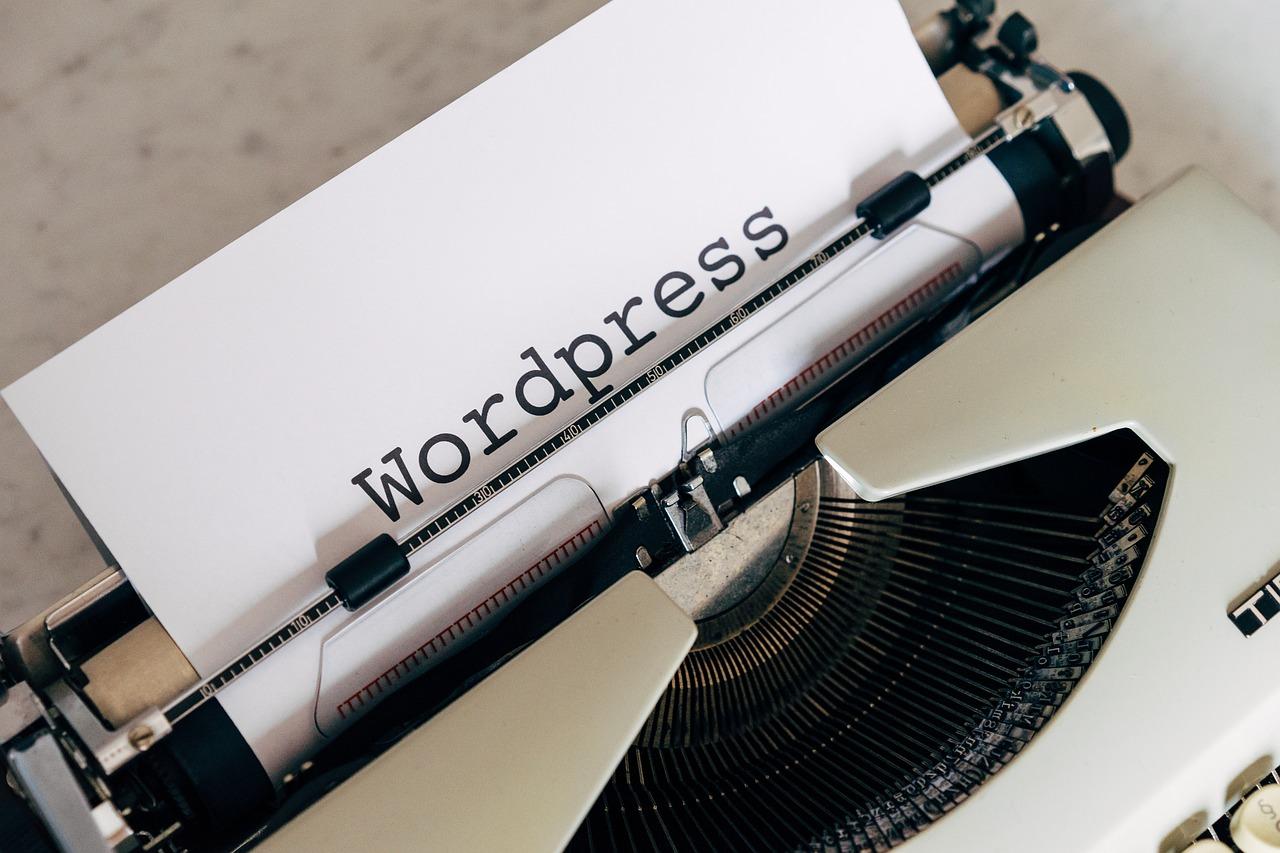When it comes to SEO, Shopify and WooCommerce each offer unique advantages. Shopify’s simplicity empowers beginners with built-in tools, while WooCommerce provides the flexibility needed for advanced optimization. Choose wisely to elevate your online presence!
Shopify vs. WooCommerce: Which Platform Handles SEO Keywords Better?
In the ever-evolving digital landscape, where every click can lead to opportunity or obscurity, the importance of search engine optimization (SEO) cannot be overstated. For entrepreneurs and businesses seeking to make their mark online, the choice of an e-commerce platform is more than just a technical decision; it’s a strategic move that can shape your brand’s visibility and success. Among the titans of online selling, Shopify and WooCommerce stand out as powerhouse contenders, each boasting unique features and capabilities. But when it comes to harnessing the full potential of SEO keywords, which platform truly shines? In this article, we will explore the strengths and weaknesses of Shopify and WooCommerce in the realm of SEO, empowering you to make an informed decision that could elevate your online presence and drive your vision to new heights. Join us as we delve deep into the SEO capabilities of these platforms and uncover the path to unlocking your business’s full potential in the digital marketplace.
Understanding the Importance of SEO in E-Commerce
In the fast-paced world of e-commerce, where competition is fierce and options are abundant, gaining visibility online is paramount. Search Engine Optimization (SEO) plays a crucial role in ensuring that your online store stands out in search engine results. It’s not just about driving traffic; it’s about driving the right traffic that converts into sales. Understanding how different platforms handle SEO can significantly impact your business’s success.
When comparing Shopify and WooCommerce, it’s essential to recognize their distinct approaches to SEO. Shopify, being a fully-hosted solution, offers a user-friendly experience with built-in SEO features, allowing merchants to optimize their stores without extensive technical knowledge. With features such as customizable title tags, meta descriptions, and auto-generated sitemaps, Shopify simplifies the SEO process for users. Furthermore, its fast loading speeds and mobile optimization contribute to better user experience and search rankings.
On the other hand, WooCommerce, as a plugin for WordPress, provides unparalleled flexibility and customization options. This platform is particularly appealing to those who want to take a hands-on approach to SEO. WooCommerce allows for the use of various plugins, such as Yoast SEO, which can enhance keyword optimization, readability analysis, and social media integration. The ability to create in-depth blog content alongside product pages can also bolster SEO efforts, making it a robust choice for content-driven strategies.
| Feature | Shopify | WooCommerce |
|---|---|---|
| Ease of Use | High | Moderate |
| Customizability | Limited | Extensive |
| SEO Plugins | Built-in | Multiple Options |
| Page Speed | Optimized | Depends on Hosting |
Another crucial aspect to consider is how each platform handles keyword strategies. Targeting long-tail keywords can be a game-changer for e-commerce businesses, especially in niche markets. Shopify’s streamlined structure can help in setting up landing pages optimized for these keywords quickly. Conversely, WooCommerce gives you the advantage of integrating detailed keyword research into your content marketing efforts, maximizing visibility across various search terms.
Furthermore, backlinks play a vital role in improving your site’s authority. WooCommerce allows for more control over your site’s SEO strategy, enabling you to create high-quality content that can attract backlinks naturally. However, Shopify’s built-in features can still be effective, especially for those new to the e-commerce landscape.
Ultimately, the choice between Shopify and WooCommerce in terms of SEO capabilities boils down to your business needs and expertise. Whether you’re looking for ease of use with Shopify or the extensive SEO control offered by WooCommerce, understanding the nuances of each platform will empower you to make informed decisions that can elevate your e-commerce presence.
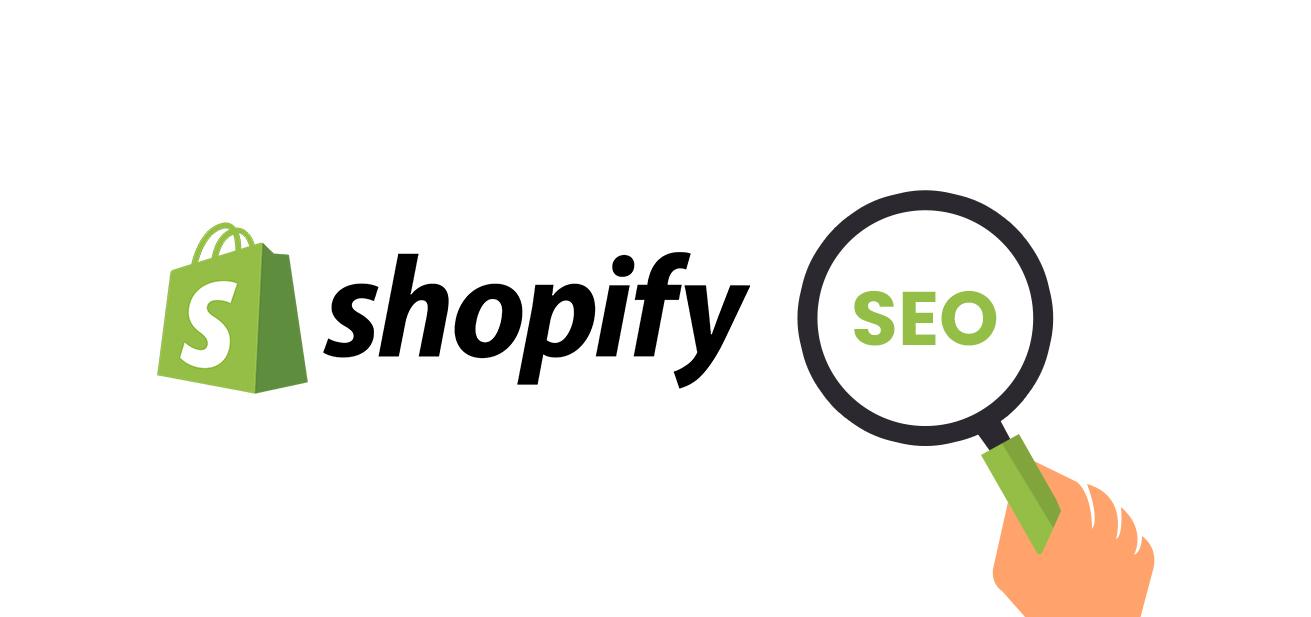
Shopifys SEO Features and Capabilities
Shopify has established itself as a formidable player in the e-commerce space, particularly when it comes to Search Engine Optimization (SEO). This platform offers a suite of features designed to enhance online visibility, making it a compelling choice for businesses looking to drive traffic and sales through organic search.
One of the standout features of Shopify is its user-friendly SEO settings. Store owners can easily customize various elements directly from the admin panel. This includes:
- Page Titles: Control over your website’s titles for better search engine ranking.
- Meta Descriptions: Craft unique descriptions for each page to entice clicks from search results.
- URL Structure: Clean and customizable URLs that improve both user experience and SEO performance.
Furthermore, Shopify automatically generates XML sitemaps, which are crucial for search engines to efficiently crawl your site. This means that as you add new products or pages, they’re quickly indexed, helping your content to appear in search results faster. The platform also includes built-in 301 redirects to guide users and search engines away from outdated URLs, preserving your hard-earned link equity.
The ability to integrate with third-party SEO tools further amplifies Shopify’s capabilities. With apps and plugins like SEO Manager and Plug in SEO, merchants can conduct in-depth audits, analyze keyword performance, and receive actionable recommendations to optimize their stores. This integration fosters a proactive approach to SEO, ensuring that users are not left in the dark about their site’s performance.
Shopify also prioritizes mobile optimization, which is indispensable in today’s digital landscape. All themes are responsive, meaning your online store will look great and function well on any device. Since Google emphasizes mobile-first indexing, this feature is a significant advantage for Shopify users aiming to enhance their search rankings.
Lastly, Shopify’s commitment to speed cannot be understated. The platform is optimized for performance, ensuring fast load times that benefit both user experience and SEO. Search engines like Google reward sites that load quickly, making this an essential factor for any online business looking to climb the SERPs.

WooCommerce: The WordPress Advantage for SEO
When it comes to SEO, WooCommerce leverages the inherent strengths of WordPress, creating a powerful synergy that enhances visibility and attracts organic traffic. This platform allows for a high degree of customization, enabling store owners to optimize their sites according to specific SEO strategies. Here are several advantages that set WooCommerce apart:
- SEO-Friendly URLs: WooCommerce allows you to create clean, keyword-rich permalinks that improve search engine rankings.
- Customizable Meta Tags: You can easily edit meta titles and descriptions for all your products, giving you complete control over how they appear in search results.
- Rich Snippets: With WooCommerce, you can implement structured data to provide search engines with detailed information about your products, enhancing visibility in SERPs.
- Content Marketing Integration: The ability to create blogs alongside your e-commerce store means you can publish valuable content that drives traffic and boosts SEO.
- SEO Plugins: The platform supports powerful SEO plugins like Yoast SEO and All in One SEO, which provide tools and insights to improve your site’s performance.
Additionally, WooCommerce excels with its robust community and support framework. Developers continuously create plugins and extensions that enhance SEO capabilities. For instance, image optimization plugins can compress media files without sacrificing quality, which is crucial for page load speed—an important ranking factor.
| SEO Feature | WooCommerce | Shopify |
|---|---|---|
| Keyword Optimization | Highly customizable | Limited flexibility |
| URL Structure | Clean and manageable | Less customizable |
| Rich Snippets | Easy implementation | Basic support |
| Content Marketing | Integrated blog feature | Limited blogging capabilities |
Ultimately, the choice of platform can significantly affect your SEO outcomes. WooCommerce’s deep integration with WordPress not only provides powerful tools but also helps build a comprehensive online presence that attracts and retains customers. The adaptability and control that WooCommerce offers create an environment where SEO can thrive, setting the stage for sustainable growth in your e-commerce business.
Keyword Research Tools for Shopify Users
When it comes to optimizing your Shopify store for search engines, effective keyword research is crucial. Fortunately, numerous tools cater specifically to Shopify users, making it easier to identify high-impact keywords that can drive traffic and boost sales. Here are some of the most effective keyword research tools to consider:
- Google Keyword Planner: A free tool that provides insights into keyword search volumes, competition levels, and suggested keywords based on your niche.
- Ahrefs: This comprehensive SEO tool gives you access to a vast database of keywords, along with critical metrics like keyword difficulty and click-through rates.
- SEMrush: Known for its competitive analysis features, SEMrush allows Shopify users to spy on competitor keywords and uncover new opportunities.
- Ubersuggest: A user-friendly tool that offers keyword suggestions, search volume data, and SEO difficulty scores, making it accessible for beginners.
- Keyword Tool: This tool generates long-tail keyword suggestions based on Google Autocomplete, helping you capture niche audiences effectively.
Using these tools, Shopify users can focus on a few essential strategies for maximizing their keyword research:
- Long-Tail Keywords: Targeting long-tail keywords may yield less traffic initially, but they typically have lower competition and higher conversion rates.
- Local Keywords: If your Shopify store targets local customers, incorporating location-based keywords can significantly increase your visibility.
- Competitor Analysis: Analyzing competitors’ keyword strategies can reveal gaps in your own approach and highlight emerging trends in your niche.
To visualize the impact of using these tools, consider the following comparison of keyword performance:
| Keyword Tool | Features | Pricing |
|---|---|---|
| Google Keyword Planner | Search volume, competition levels | Free |
| Ahrefs | Keyword difficulty, SERP analysis | Starting at $99/month |
| SEMrush | Competitive analysis, keyword tracking | Starting at $119.95/month |
| Ubersuggest | SEO difficulty, keyword suggestions | Free & Premium plans from $12/month |
| Keyword Tool | Long-tail keyword suggestions | Free & Pro plans from $69/month |
Ultimately, the right combination of tools and strategies can empower Shopify users to harness the full potential of keyword research. With informed decisions, you can enhance your store’s visibility and drive meaningful traffic, leading to increased conversions and sales. Embrace the power of keyword research and watch your Shopify store flourish!
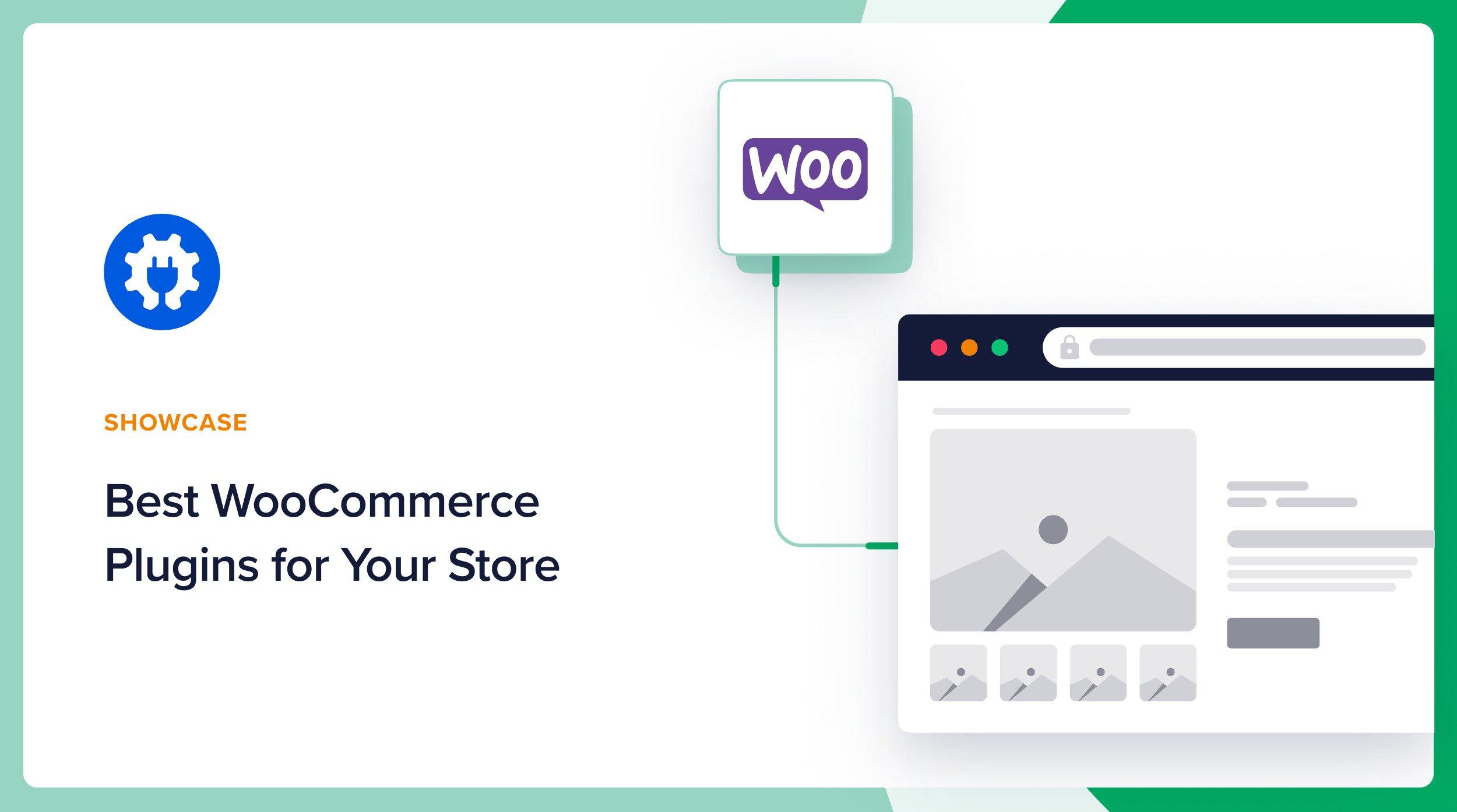
Maximizing Keyword Potential with WooCommerce Plugins
WooCommerce, widely recognized for its flexibility in eCommerce, offers a treasure trove of plugins designed to enhance SEO performance. By strategically implementing these tools, you can unlock the full potential of your keywords, driving organic traffic and increasing conversions.
One of the most powerful aspects of WooCommerce is its ability to integrate with a variety of SEO plugins. Here are some essential tools that can help:
- Yoast SEO: This plugin provides comprehensive analysis and optimization suggestions for your product pages and blog posts. Its intuitive interface allows you to optimize titles, meta descriptions, and keywords effectively.
- All in One SEO Pack: A robust alternative to Yoast, this plugin offers deep integration with WooCommerce, enabling you to manage your site’s SEO settings without a steep learning curve.
- Rank Math: Known for its advanced features, Rank Math provides enhanced schema support, helping search engines understand your products better, which can improve visibility in search results.
In addition to utilizing plugins, enhancing keyword potential involves optimizing your WooCommerce store’s architecture. Consider implementing these practices:
- Use Descriptive URLs: Ensure your product URLs are clean and keyword-rich. A well-structured URL can significantly improve your ranking on search engines.
- Optimize Product Descriptions: Craft unique, engaging product descriptions filled with relevant keywords. Avoid generic content, as this can dilute your SEO efforts.
- Leverage User-Generated Content: Encourage customer reviews and ratings. Not only do they provide fresh content, but they also give potential buyers confidence in your products.
To illustrate the impact of effective keyword optimization, consider the following comparison of keyword density and search engine visibility between optimized and unoptimized product pages:
| Page Type | Keyword Density | Search Engine Visibility (Estimated) |
|---|---|---|
| Optimized Product Page | 2.5% | High |
| Unoptimized Product Page | 0.8% | Low |
By focusing on these aspects, you not only improve your keyword strategy but also enhance the overall user experience. A well-optimized WooCommerce store is more likely to attract and retain customers, ultimately leading to increased sales and brand loyalty. The combination of powerful plugins and strategic optimization can turn your WooCommerce site into an SEO powerhouse.
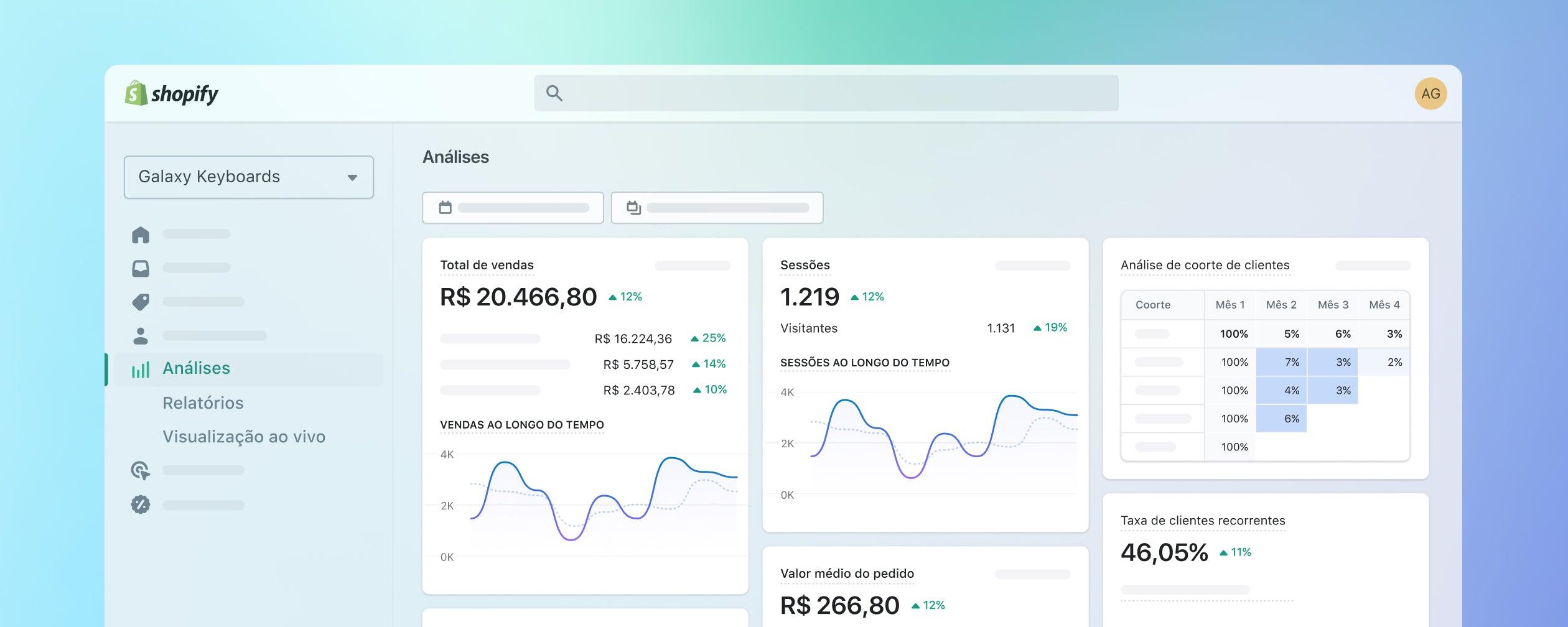
Content Optimization Strategies for Shopify Stores
To maximize your Shopify store’s visibility and traffic, implementing effective content optimization strategies is crucial. These strategies not only enhance user experience but also improve your site’s SEO performance. Here are several key tactics to consider:
- Utilize Keyword Research Tools: Leverage tools like Google Keyword Planner, Ahrefs, or SEMrush to identify relevant keywords that align with your products. This helps in understanding what your potential customers are searching for.
- Create High-Quality Product Descriptions: Ensure that each product page features unique and engaging descriptions. Use storytelling to connect with your audience and incorporate keywords naturally to improve SEO.
- Optimize Images: Use descriptive file names and alt tags for images. This not only aids in SEO but also enhances accessibility for all users, making your store more inclusive.
- Encourage User-Generated Content: Foster a community by enabling reviews and testimonials on your product pages. This content adds credibility and can significantly boost SEO rankings.
Another vital aspect of content optimization is internal linking. By linking related products and blog posts, you can keep customers engaged and improve the overall structure of your site. This practice helps search engines crawl your site more effectively, leading to better rankings.
| Content Element | Optimization Tips |
|---|---|
| Product Pages | Incorporate primary and long-tail keywords, use bullet points for clarity. |
| Blog Posts | Focus on informative content with keyword-rich headings and subheadings. |
| Meta Tags | Craft compelling meta titles and descriptions with keywords to increase click-through rates. |
Moreover, regularly updating your store’s content can keep it fresh and relevant, which is a significant factor in SEO. Consider running promotions or seasonal campaigns and creating corresponding blog content to enhance visibility during peak shopping times.
Lastly, don’t underestimate the power of social media and email marketing. Sharing optimized content across these platforms can drive traffic back to your Shopify store, increasing your chances of attracting new customers and improving your search rankings.
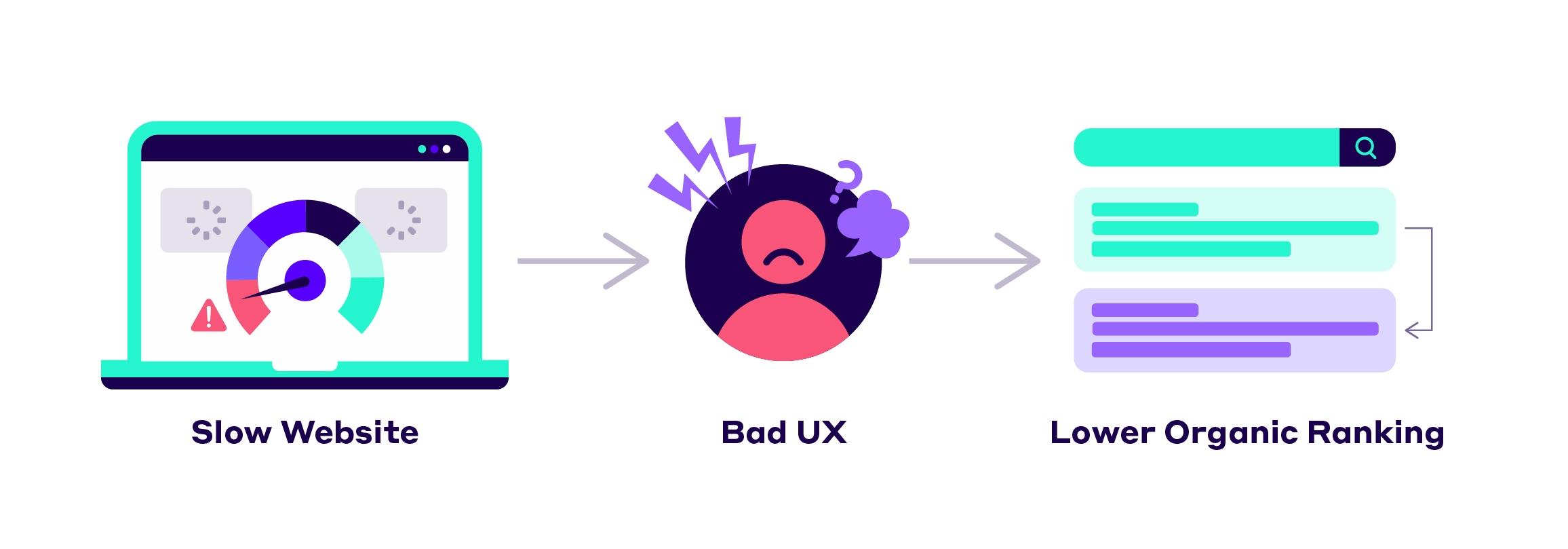
Enhancing Site Speed for Better SEO Performance
In the digital marketplace, the speed at which your site loads can make or break your SEO performance. A delay of even a few seconds can lead to a significant drop in user engagement and conversion rates. Consequently, optimizing your site speed is not just a technical necessity; it’s a vital strategy for enhancing your visibility and ranking on search engines.
Both Shopify and WooCommerce have their strengths when it comes to site speed, but how they achieve optimal performance can vary greatly. Here are some noteworthy factors to consider:
- Hosting Solutions: Shopify offers managed hosting, meaning they handle server performance and scalability on their end. In contrast, WooCommerce relies on the hosting provider you choose, which can lead to variability in site speed based on your selections.
- Image Optimization: Quick-loading images are crucial. Platforms like Shopify come with built-in image optimization features, while WooCommerce users may need to leverage plugins for this purpose.
- Cache Management: Shopify optimizes page caching automatically. WooCommerce users need to manage caching plugins manually to maintain speed across various pages.
To further illustrate the differences, consider the following comparison of average loading times:
| Platform | Average Loading Time (seconds) | Cache Management |
|---|---|---|
| Shopify | 1.2 seconds | Automatic |
| WooCommerce | 2.5 seconds | Manual (via plugins) |
When it comes to implementing enhancements, both platforms provide valuable tools. Shopify’s streamlined resources allow for easy adjustments, while WooCommerce’s flexibility gives users the opportunity to tailor their performance enhancements based on their specific needs. Consider investing in:
- Content Delivery Networks (CDNs): Both platforms can benefit from the speed improvements offered by CDNs, distributing your content globally to minimize loading times.
- Minification of CSS and JavaScript: Reducing the amount of code that needs to be loaded can drastically improve site speed. Plugins for WooCommerce can simplify this process.
- Regular Performance Audits: Use tools like Google PageSpeed Insights to regularly check and optimize your site’s loading speeds, regardless of the platform.
Ultimately, while both platforms can achieve fast loading times, the ease and efficiency with which they do so can differ. By prioritizing site speed and understanding how each platform manages it, you can enhance your SEO performance and create a better user experience, leading to increased traffic and conversions.
Mobile Responsiveness and Its Impact on SEO
In today’s digital landscape, mobile responsiveness has become a critical factor influencing not only user experience but also search engine optimization (SEO). With a vast majority of users accessing websites via their mobile devices, platforms like Shopify and WooCommerce must prioritize mobile-friendly designs to remain competitive. A mobile-optimized site ensures that users enjoy seamless navigation, faster loading times, and an overall positive experience, which directly correlates to lower bounce rates and higher engagement. This, in turn, boosts SEO performance.
Search engines, particularly Google, have adapted their algorithms to favor mobile-responsive websites. The introduction of mobile-first indexing means that Google primarily uses the mobile version of a site for ranking and indexing. This emphasizes the importance for both Shopify and WooCommerce users to implement mobile-friendly strategies effectively. Here are some key factors to consider:
- Responsive Design: A flexible layout adapts to different screen sizes, ensuring that content is easily readable and navigable.
- Load Speed: Mobile sites that load quickly significantly enhance user satisfaction. A delay of just a few seconds can lead to lost customers.
- Optimization of Images: Using smaller file sizes for images without sacrificing quality can improve load times and overall performance.
- Clear Call-to-Action (CTA): Mobile users should find it easy to make purchases or inquiries, which means CTAs must be strategically placed and easily clickable.
When assessing the SEO capabilities of Shopify and WooCommerce, it’s vital to understand how each platform addresses mobile responsiveness. Shopify, with its templated structure, often ensures that themes are inherently mobile-friendly. This can lead to quicker implementation of SEO best practices without requiring extensive customization. In contrast, WooCommerce offers flexibility and control, allowing for tailored designs that can be optimized for mobile use, albeit sometimes at the cost of requiring more technical know-how.
Ultimately, the effectiveness of either platform in handling SEO keywords is closely tied to how well they manage mobile responsiveness. As a part of a broader SEO strategy, focusing on mobile can provide significant leverage. Here’s a quick comparison of features that influence mobile SEO on both platforms:
| Feature | Shopify | WooCommerce |
|---|---|---|
| Mobile-Responsive Themes | Yes, pre-built | Dependent on theme choice |
| Load Speed Optimization | Integrated tools | Various plugins available |
| Customization Options | Limited to templates | Highly customizable |
| Ease of Use | Very user-friendly | Requires some technical skills |
prioritizing mobile responsiveness is not merely a trend but a necessity in the world of e-commerce. Both Shopify and WooCommerce have their strengths, but understanding how each platform approaches mobile optimization can significantly impact your SEO success. As you develop your online store, remember that the future of e-commerce lies not just in the desktop experience but increasingly in how well you cater to mobile users.
Leveraging Analytics for SEO Success on Both Platforms
In the ever-evolving world of e-commerce, the ability to analyze and optimize for search engines is paramount for success. Both Shopify and WooCommerce provide robust tools for leveraging analytics, but the approaches differ significantly. Understanding how to harness these analytics can position your online store for growth and visibility.
Shopify‘s built-in analytics suite offers a user-friendly dashboard that provides critical insights into your store’s performance. You can easily track page views, traffic sources, and conversion rates. This consolidation allows you to quickly identify which keywords drive the most traffic, enabling you to refine your SEO strategy accordingly. Additionally, Shopify integrates seamlessly with Google Analytics, granting you access to advanced metrics and reports that can further enhance your keyword targeting efforts.
On the other hand, WooCommerce thrives on flexibility and customization, particularly when it comes to analytics. With plugins like Yoast SEO and Google Analytics for WordPress, you can gain deep insights into how your chosen keywords perform across your site. This allows for detailed tracking of keyword rankings, click-through rates, and the behavior of users who visit from search results. With these insights, you can make informed adjustments to your content and product descriptions to better align with high-performing keywords.
When it comes to data visualization, both platforms excel, but the methods differ. Shopify showcases data in a straightforward manner, perfect for users who prefer a quick glance at performance metrics. WooCommerce, however, offers more in-depth analysis through its plugins, providing a wealth of information that can be tailored to meet the specific needs of your business. The freedom to customize dashboards in WooCommerce can empower you to focus on the metrics that matter most to your SEO strategy.
| Feature | Shopify | WooCommerce |
|---|---|---|
| Built-in Analytics | Yes | No (requires plugins) |
| Keyword Tracking | Basic | Advanced with plugins |
| Ease of Use | Very Easy | Customizable |
| Integration with Google Analytics | Seamless | Requires setup |
leveraging analytics for SEO success on either Shopify or WooCommerce boils down to how you utilize the data available. Shopify provides a streamlined experience perfect for beginners, while WooCommerce offers the depth and flexibility that seasoned marketers crave. By analyzing your store’s performance and adjusting your strategies based on data-driven insights, you can elevate your online presence and achieve remarkable results in search engine rankings.

User Experience: Navigating SEO Challenges
When it comes to optimizing your online store for search engines, the platform you choose can significantly impact your SEO capabilities. Both Shopify and WooCommerce offer unique advantages and challenges, and understanding these can empower you to make the most of your chosen solution.
Customizability vs. Simplicity is a key factor in navigating SEO challenges. WooCommerce, being a plugin for WordPress, provides vast customization options. This allows you to tweak your site’s structure and content extensively, which can be beneficial for advanced SEO strategies. On the other hand, Shopify excels in its user-friendly interface, enabling businesses to set up quickly with optimized themes. The straightforward setup may sacrifice some deeper customization but allows users to implement basic SEO practices effectively without a steep learning curve.
Another crucial aspect is SEO Tools and Plugins. WooCommerce leverages the powerful suite of WordPress plugins, such as Yoast SEO and All in One SEO Pack. These tools offer comprehensive solutions for keyword optimization, content analysis, and readability checks. In contrast, Shopify has built-in SEO features that streamline the process but may not offer the same depth of analysis or customization. However, Shopify apps can supplement these features, although they may incur additional costs.
| Feature | Shopify | WooCommerce |
|---|---|---|
| Ease of Use | High | Moderate |
| Customization | Limited | Extensive |
| SEO Plugins | Basic | Advanced |
| Cost | Subscription-based | Free + Hosting |
Moreover, site speed and mobile optimization are crucial elements of user experience that directly impact SEO. Shopify generally provides faster loading times out of the box due to its hosted nature, which can enhance user experience and reduce bounce rates. Conversely, WooCommerce requires users to ensure their hosting environment and site optimizations are up to par, which may require additional effort but offers greater control over performance enhancements.
Lastly, it’s vital to consider customer support and community resources. Shopify’s dedicated support can be invaluable for those new to e-commerce, providing immediate assistance for SEO-related queries. WooCommerce, with its vast community, offers a wealth of resources and forums where users can share insights and solutions, which can be highly beneficial for troubleshooting SEO challenges.
Ultimately, the choice between Shopify and WooCommerce depends on your specific needs and comfort level with SEO. Understanding how each platform navigates SEO challenges will allow you to harness their strengths while mitigating potential pitfalls, ensuring that your online store not only attracts traffic but also converts visitors into loyal customers.

Building Quality Backlinks: Strategies for Shopify and WooCommerce
Building quality backlinks is essential for enhancing your store’s visibility, regardless of whether you’re using Shopify or WooCommerce. Here are some effective strategies to consider that can elevate your SEO game:
- Guest Blogging: Reach out to relevant blogs in your niche and offer to write guest posts. This not only allows you to showcase your expertise but also enables you to include backlinks to your store.
- Partnerships and Collaborations: Collaborate with other brands or influencers to create content that resonates with both audiences. This can lead to natural backlinking as your partners share the content.
- Resource Pages: Identify websites that have resource pages relevant to your niche and request to be added. A link from a resource page can significantly boost your authority.
- Product Reviews: Send your products to bloggers and influencers for review. If they publish their thoughts, they’ll likely include a link back to your store.
Additionally, building relationships within your industry can pay dividends in backlink generation:
- Engage on Social Media: Actively participate in discussions on platforms like Twitter, LinkedIn, or niche-specific forums. Sharing your expertise can lead to organic links from other users.
- Online Community Involvement: Join forums and communities related to your industry. Providing valuable insights can earn you backlinks when members reference your advice.
- Host Webinars: Creating educational content through webinars can attract attention. Participants often share the content, leading to valuable backlinks.
Both Shopify and WooCommerce have unique strengths when it comes to backlink strategies:
| Platform | Backlink Strategy Strengths |
|---|---|
| Shopify | Built-in blogging feature makes it easy to share content and earn backlinks. |
| WooCommerce | Highly customizable, allowing for more specific outreach and targeting strategies. |
Ultimately, the key to generating quality backlinks lies in your commitment to creating valuable content and fostering genuine relationships within your niche. Both platforms offer unique opportunities; it’s up to you to leverage these to build a robust backlink profile that drives organic traffic to your store.
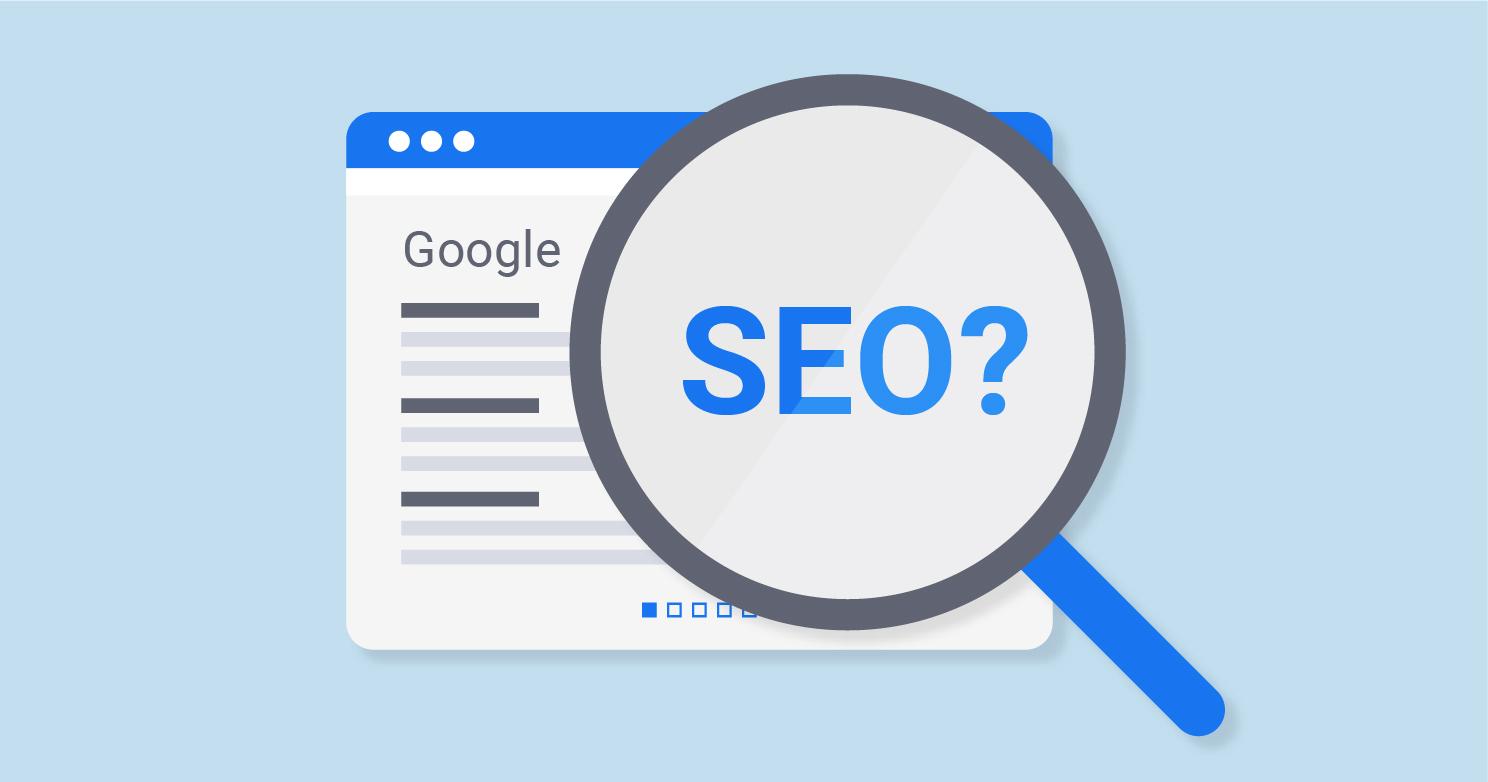
Making the Right Choice: A Personalized Approach to SEO
When it comes to optimizing your online store for search engines, the choice of platform can make a significant difference in your SEO strategy. Both Shopify and WooCommerce offer a variety of features designed to enhance your site’s visibility, but they do so in different ways. Understanding these nuances is crucial for making an informed decision that aligns with your business goals.
Shopify provides an all-in-one solution, which means it’s designed to be user-friendly right out of the box. This platform excels in:
- Built-in SEO Features: Shopify automatically handles many on-page SEO elements such as meta tags, alt text for images, and URL structures, allowing store owners to focus on other aspects of their business.
- Fast Loading Times: Speed is a critical ranking factor in SEO, and Shopify’s hosting is optimized for performance, ensuring that your pages load quickly.
- Mobile Optimization: With a growing number of users browsing on mobile devices, Shopify themes are inherently responsive, which is vital for user experience and SEO rankings.
On the other hand, WooCommerce, as a plugin for WordPress, provides unparalleled flexibility and control over your SEO strategy. Key advantages include:
- Customizable SEO Options: WooCommerce allows for extensive customization through plugins like Yoast SEO, which enables you to fine-tune every aspect of your SEO settings.
- Content-Driven SEO: As part of WordPress, WooCommerce empowers users to create rich, keyword-focused content, enhancing the potential for organic search traffic.
- Full Control Over URLs: Unlike Shopify, WooCommerce gives you complete control over the URL structures, enabling you to create SEO-friendly links that resonate with your audience.
To better illustrate the differences between the two platforms in handling SEO keywords, consider the following comparison:
| Feature | Shopify | WooCommerce |
|---|---|---|
| Ease of Use | Very user-friendly | Requires some technical know-how |
| SEO Plugin Support | Limited | Extensive plugin options |
| Page Speed | Optimized for speed | Depends on hosting and optimization |
| Content Management | Basic | Advanced |
Ultimately, the decision between Shopify and WooCommerce should be guided by your specific needs and resources. Assess your comfort level with technology, your desire for customization, and your long-term business goals. By choosing the right platform that aligns with your SEO strategy, you set the stage for sustainable growth and visibility in the fiercely competitive online landscape.

Future-Proofing Your E-Commerce SEO Strategy
In an ever-evolving digital landscape, future-proofing your e-commerce SEO strategy is critical for maintaining visibility and achieving sustainable growth. As you explore the capabilities of different platforms, it’s essential to consider how each can adapt to emerging trends and technologies. With Shopify and WooCommerce being two of the most popular options, their approach to SEO keyword management plays a pivotal role in your long-term success.
One of the standout features of Shopify is its user-friendly interface that simplifies keyword optimization. The platform offers built-in SEO tools that allow you to:
- Customize title tags for each product page
- Edit meta descriptions effortlessly
- Utilize ALT tags for images to improve accessibility
These features empower store owners to quickly adapt to changes in consumer search behavior, ensuring that their products remain relevant and discoverable.
On the other hand, WooCommerce provides greater flexibility and control over your SEO strategies. As a plugin for WordPress, it inherits the robust SEO capabilities of the platform, including:
- Advanced URL structure customization
- Rich snippets integration via structured data
- Extensive plugin options for enhanced functionality
This level of customization allows you to tailor your SEO efforts precisely to your target audience, giving you an edge in competitive markets.
Moreover, while both platforms support essential SEO practices, their approach to content marketing can also impact future-proofing. Shopify’s built-in blog feature makes it easy to create keyword-rich content that drives organic traffic. In contrast, WooCommerce users benefit from the extensive WordPress ecosystem, which offers countless themes and plugins designed to enhance content visibility and engagement.
| Feature | Shopify | WooCommerce |
|---|---|---|
| User-Friendly SEO Tools | Yes | No (requires plugins) |
| URL Customization | Limited | Highly customizable |
| Blogging Capability | Built-in | WordPress ecosystem |
| Rich Snippets | No | Yes |
As you craft your e-commerce SEO strategy, keep in mind that the platform you choose must align with your business goals and adapt to changing market dynamics. By leveraging the unique strengths of either Shopify or WooCommerce, you can develop a resilient SEO strategy that not only meets today’s demands but also anticipates the needs of tomorrow’s shoppers.
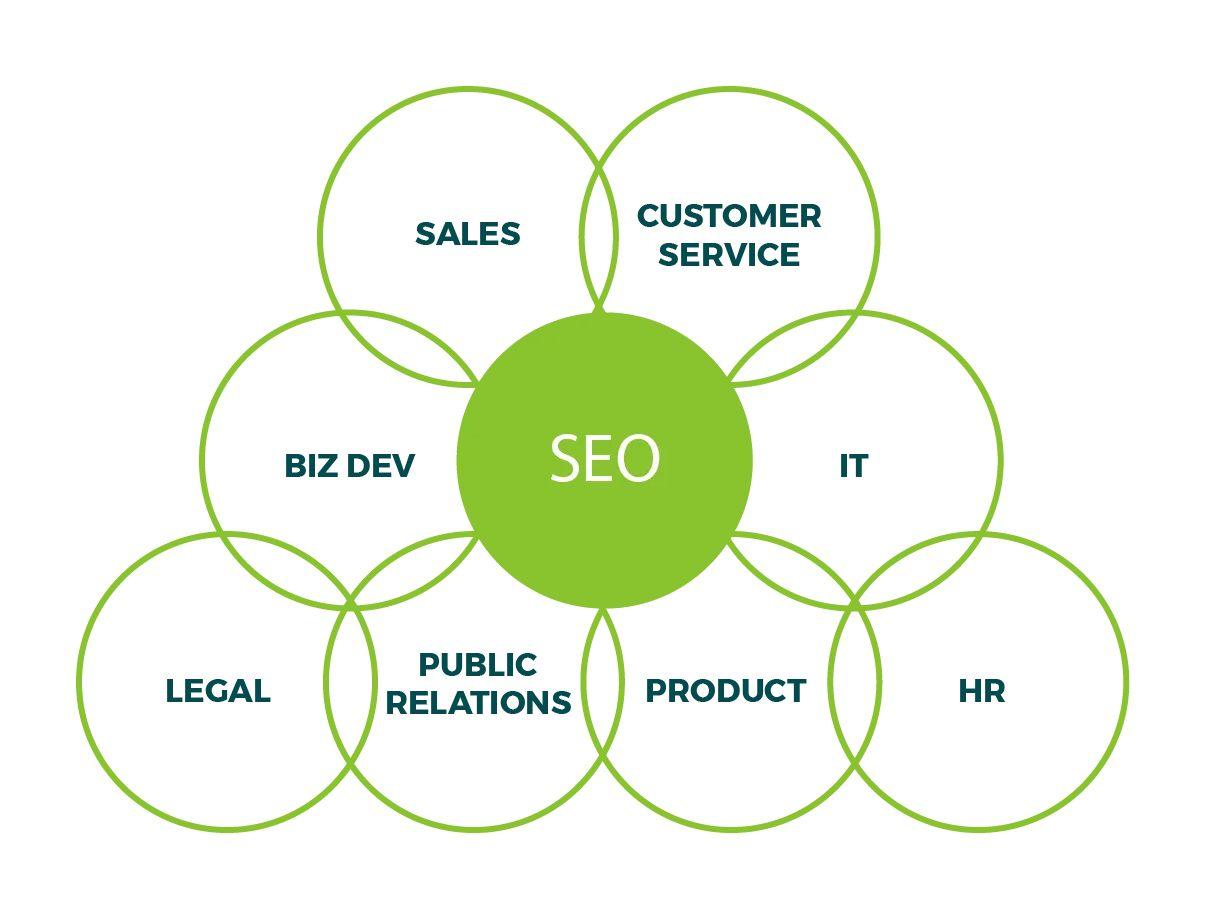
Conclusion: Choosing the Right Platform for Your SEO Goals
When it comes to optimizing your online store for search engines, the choice between Shopify and WooCommerce can significantly impact your SEO success. Both platforms boast unique features and capabilities that cater to different business needs, making the selection process crucial for achieving your desired visibility and traffic.
Shopify is often lauded for its user-friendly interface and built-in SEO functionalities. With automated features that handle meta tags, sitemap generation, and structured data markup, it allows even those with minimal technical knowledge to optimize their sites efficiently. However, this ease of use may come at the cost of flexibility. Shopify’s reliance on apps for advanced SEO features can lead to additional costs and maintenance challenges.
On the other hand, WooCommerce, as a WordPress plugin, offers unparalleled freedom and customization options. Users can leverage powerful SEO plugins like Yoast SEO or All in One SEO Pack, granting them extensive control over their site’s optimization. This flexibility enables you to fine-tune elements such as URL structures, on-page content, and rich snippets, enhancing your overall search visibility.
When deciding between the two, consider the following:
- Business Scale: Shopify is ideal for small to medium-sized businesses that prioritize simplicity, while WooCommerce caters to those who may require a more scalable solution.
- Customization Needs: If you envision a highly customized SEO strategy, WooCommerce provides the tools to implement it, whereas Shopify may require reliance on external apps.
- Budget Considerations: Shopify’s subscription model may be easier for budgeting but can add up with apps. WooCommerce can be more cost-effective in the long run, especially if you have the skills to manage it yourself.
| Feature | Shopify | WooCommerce |
|---|---|---|
| User-Friendliness | High | Moderate to High |
| SEO Flexibility | Limited | Extensive |
| Cost | Monthly fee + Apps | Hosting + Plugin Costs |
| Support | 24/7 Support | Community Support |
Ultimately, the right platform for your SEO goals hinges on your specific business needs and technical capabilities. Whether you lean towards the simplicity of Shopify or the customization power of WooCommerce, aligning your choice with your long-term objectives will ensure that you build a solid foundation for your SEO efforts. By understanding the strengths and limitations of each platform, you can confidently choose the one that will best serve your journey towards online success.
Frequently Asked Questions (FAQ)
Q&A: Shopify vs. WooCommerce – Which Platform Handles SEO Keywords Better?
Q1: Why is SEO important for e-commerce platforms?
A: SEO (Search Engine Optimization) is crucial for e-commerce because it drives organic traffic to your store, enhances visibility, and ultimately boosts sales. In a crowded online marketplace, performing well in search engine rankings can be the difference between success and obscurity. Both Shopify and WooCommerce offer unique SEO capabilities, but understanding which one excels can inspire you to make the best choice for your business.
Q2: What are the key SEO features offered by Shopify?
A: Shopify boasts a range of powerful SEO features that make it easy for users to optimize their online stores. With built-in tools for meta tags, alt text for images, and customizable URLs, Shopify simplifies the technical aspects of SEO. Furthermore, Shopify’s clean code and fast loading times enhance your site’s performance, positively affecting search engine rankings. This platform encourages entrepreneurs to focus on their creativity while ensuring their products can be found by the right audience.
Q3: How does WooCommerce support SEO efforts?
A: WooCommerce, being a plugin for WordPress, inherits the robust SEO capabilities of the WordPress framework. It offers extensive customization options and integrates seamlessly with various SEO plugins like Yoast SEO. Users can take advantage of advanced features like schema markup, XML sitemaps, and detailed control over on-page SEO elements. WooCommerce empowers store owners to craft a tailored SEO strategy that resonates with their unique brand identity and audience, all while giving them the freedom to control every aspect of their site.
Q4: Which platform provides better keyword optimization options?
A: When it comes to keyword optimization, WooCommerce shines through its extensive flexibility and integration with powerful SEO tools. Users can easily perform keyword analysis, create optimized content, and implement effective strategies to target specific audiences. Shopify, while user-friendly, has more limitations in terms of customization. However, it does offer essential SEO features that help users optimize their keywords effectively. Ultimately, the choice depends on your specific needs and your comfort level with technical SEO strategies.
Q5: Are there any limitations to SEO on Shopify?
A: While Shopify offers a solid foundation for SEO, it has some limitations, particularly regarding URL structure and the inability to manipulate certain aspects of meta tags. For instance, Shopify automatically generates URLs that may not always align with your preferred keyword strategy. However, its simplicity and user-friendly interface make it an attractive option for those who may not have extensive SEO knowledge.
Q6: Can I use custom SEO strategies on WooCommerce?
A: Absolutely! WooCommerce’s open-source nature allows for extensive customization and the ability to implement custom SEO strategies. Whether you’re developing a unique content strategy or crafting intricate keyword plans, WooCommerce provides the tools and flexibility needed to tailor your approach. This empowers business owners to think outside the box and leverage their creativity for effective SEO.
Q7: In terms of long-term SEO success, which platform is more beneficial?
A: The long-term success of your SEO strategy largely depends on how well you can adapt to changing trends and algorithms. WooCommerce, with its comprehensive customization options, often provides an advantage for those looking to fine-tune their SEO over time. However, Shopify’s ease of use and built-in SEO features can yield impressive results for beginners and those who prefer a streamlined approach. Both platforms have the potential to achieve outstanding SEO results; it largely depends on your business model and how you plan to evolve your strategy.
Q8: Which platform should I choose for my e-commerce business?
A: The decision between Shopify and WooCommerce ultimately hinges on your individual needs and expertise. If you seek a user-friendly experience with essential SEO features, Shopify may be your best bet. Alternatively, if you desire complete control over your SEO strategies and are ready to delve into the technical aspects, WooCommerce is a powerful ally. Remember, the right platform can unlock your e-commerce potential—make a choice that inspires your journey toward success!
—
By understanding the SEO strengths and weaknesses of each platform, you can confidently select the best option for your e-commerce business. Embrace the journey ahead, and let your passion guide your decision!
Closing Remarks
As we wrap up our exploration of Shopify and WooCommerce in the realm of SEO, it’s clear that both platforms bring their unique strengths to the table. While Shopify offers a streamlined and user-friendly approach, perfect for those looking to launch quickly with solid SEO foundations, WooCommerce stands tall for the customization and flexibility it provides to savvy marketers.
Ultimately, the choice between these two powerful platforms should align with your business goals, technical expertise, and vision for growth. Imagine your online store not just as a place for transactions, but as a vibrant community where your brand story resonates with customers far and wide.
Remember, effective SEO is not merely about keywords; it’s about crafting an engaging experience that attracts and retains your audience. Whichever platform you choose, harness the lessons learned here to optimize your strategy, connect authentically with your audience, and watch as your online presence flourishes. The journey to e-commerce success starts with informed choices—let your next step be the one that propels you forward. Embrace the challenge, and let your brand shine in the digital landscape!



